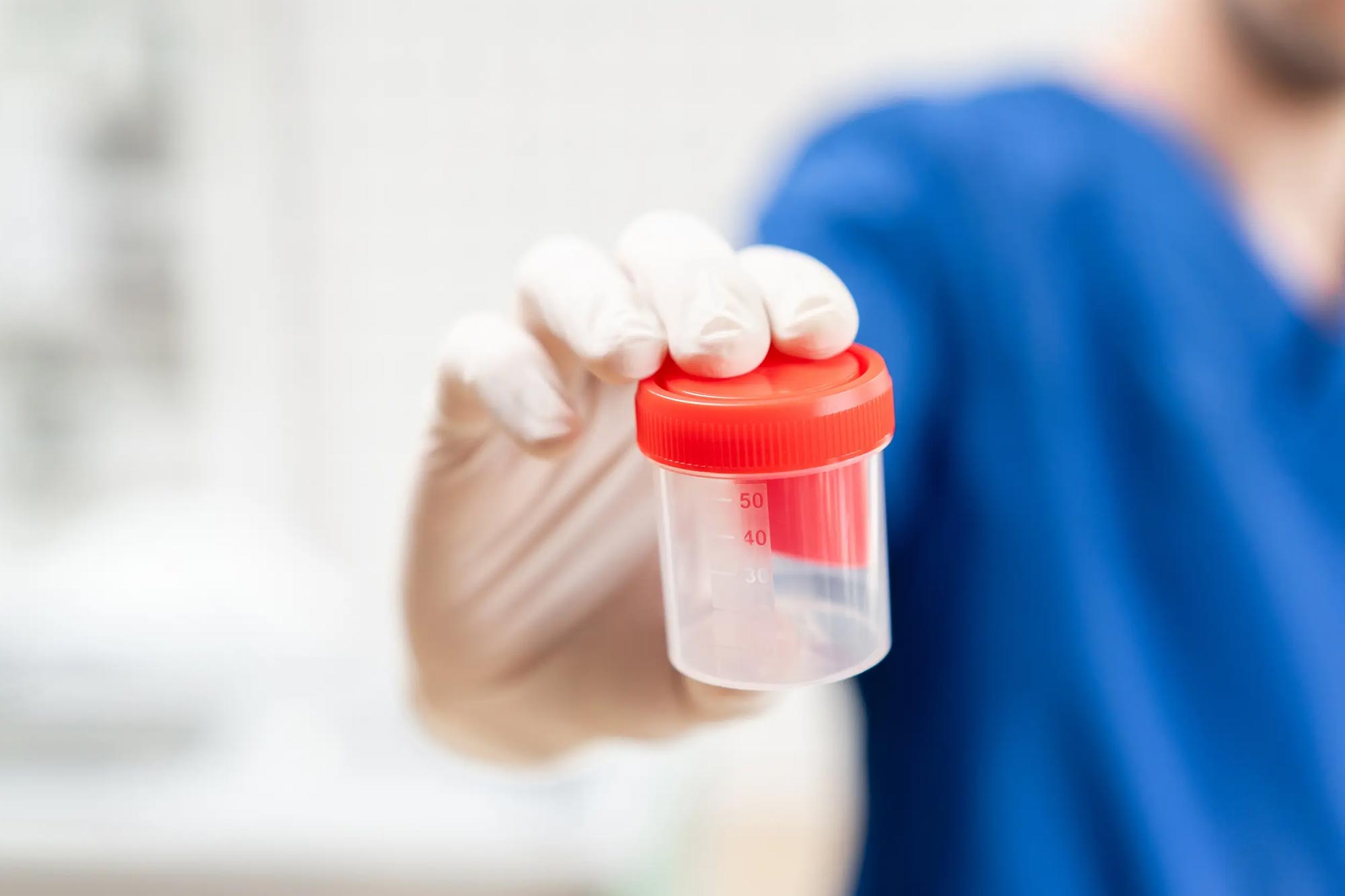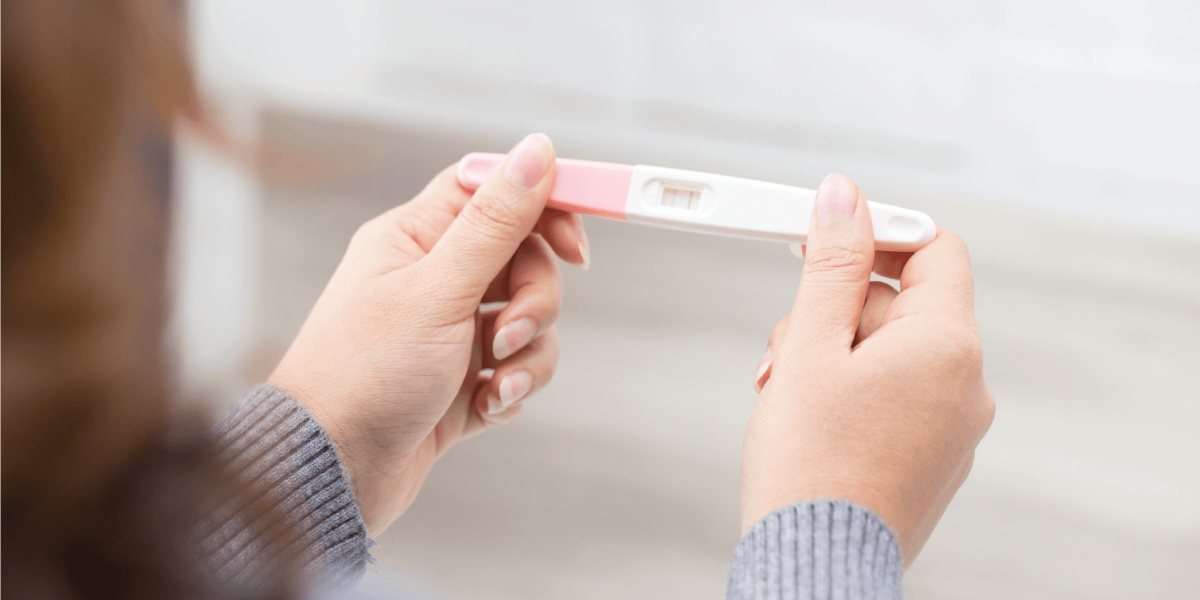How does Covid-19 affect sperm and thus the next generation’s immune system? Researchers at the University of Bergen collect sperm to find the answer.
So far, 50 Covid-19 patients between 30 and 40 have given a sperm sample. The students are next. It is planned that participants will return for further testing after 12 months.
The project aims to see how the infection affects immune system development and follow-up studies will show how Covid-19 affects the immune systems of their future children.

Professor Cecilie Svanes from the University of Bergen collects semen from Covid-19 patients. Photo credit: Eivind Senneset, University of Bergen
“The immune system is trained by infections of all kinds. We want to investigate how it is affected by Covid-19 and whether the infection has an impact on the immune system of the future generation. For this reason we decided to examine sperm as well as whole blood, ”says Professor Cecilie Svanes from the Center for International Health at the University of Bergen.
This is the first study of its kind on humans. The Covid-19 pandemic offers researchers a new and unique opportunity to study immune training and the possible effects of the infection on the next generation. Svanes is leading the study with Professor Rebecca Cox at the Influenza Center at the University of Bergen.
Infections train the immune system
All types of infections stimulate responses in our immune system. The researchers want to find out whether Covid-19 trains the immune system in a good or bad way.
“Previous animal studies have shown that infections can affect the immune system of a future generation both negatively and positively,” says Svanes.
It has been found that infections caused by micro-worms, so-called helminths, have a positive effect on the immune system of offspring of mice. Sepsis, on the other hand, had a negative effect on the next generation of mice.
The study’s researchers believe that the relationship between infection, sperm, and offspring is the result of epigenetic changes that affect how genetic material is “read and understood” and how the body builds the proteins involved in the immune system. The researchers examine the messengerRNAwhat the translated DNA to proteins.
“If you compare the genetic material with a cookbook, epigenetics is about which of the recipes should be read. We believe that infection can affect this process, ”explains Svanes.
Maybe should wait to have kids
Researchers can’t wait for the Covid-19 patients to have children so they can study the effects of the father’s infection on the offspring’s immune response. They examine and compare the sperm and blood of the patients with those of a large control group without Covid-19.
The control group is a participant in the large European RHINESSA study, in which participants from seven different countries were observed for 20 years. The database contains information on how lung health, asthma, allergies and related diseases have evolved over time.
“If we notice significant negative changes in the sperm, there is a possibility that we are advising people to wait before having children, for example a year after being infected with Covid-19,” says Cecilie Svanes.



